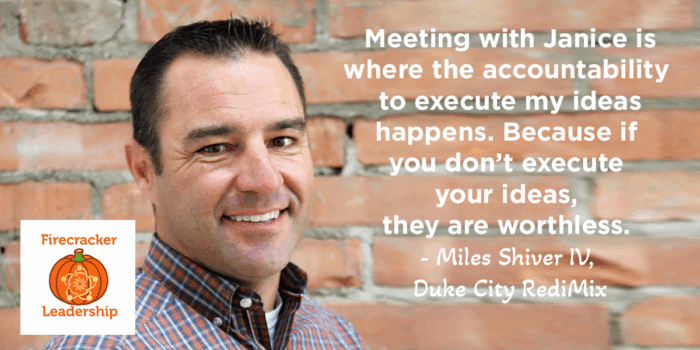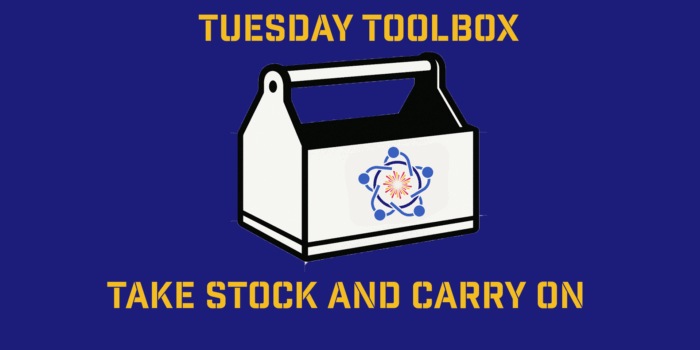Nurturing Growth: Developing Others in the Workplace
In any organization, fostering a culture of continuous learning and development is paramount to success. Just like learning to ride a bike, mastering new skills or tasks in the workplace follows a similar journey of awareness and proficiency. As leaders or colleagues, it’s essential to recognize where individuals are in this learning cycle and provide the necessary support and guidance to help them reach a state of unconscious competence.
When someone is first introduced to a new skill or task, they are often unconsciously incompetent—they don’t even know what they don’t know. This is where the role of a mentor or coach comes into play. By offering encouragement, resources, and constructive feedback, individuals transition to a state of conscious incompetence. They become aware of their shortcomings and the areas they need to focus on to improve.
As they continue to learn and practice, they progress to a state of conscious competence. At this stage, they have acquired the knowledge and skills needed to perform the task, but it still requires effort and concentration. With consistent practice and guidance, they eventually reach a state of unconscious competence, where they can execute the skill effortlessly and without much effort.
Identifying individuals within your organization who are in need of support to reach unconscious competence is crucial for their professional growth and the overall success of the team. Whether it’s mastering a new software, refining communication skills, or enhancing leadership abilities, everyone can benefit from ongoing development.
However, providing enough time and resources for individuals to succeed is equally important. Rushing the learning process or neglecting to offer adequate support can hinder progress and lead to frustration. By investing in the growth and development of team members, organizations can cultivate a workforce that is adaptable, skilled, and empowered to tackle any challenge that comes their way.
Developing others in the workplace is not only a responsibility but also an opportunity to foster a culture of growth and excellence. By recognizing where individuals are in their learning journey and providing the necessary support and resources, we can help them become unconsciously competent in their roles, driving both personal and organizational success.
Who can you help develop?



